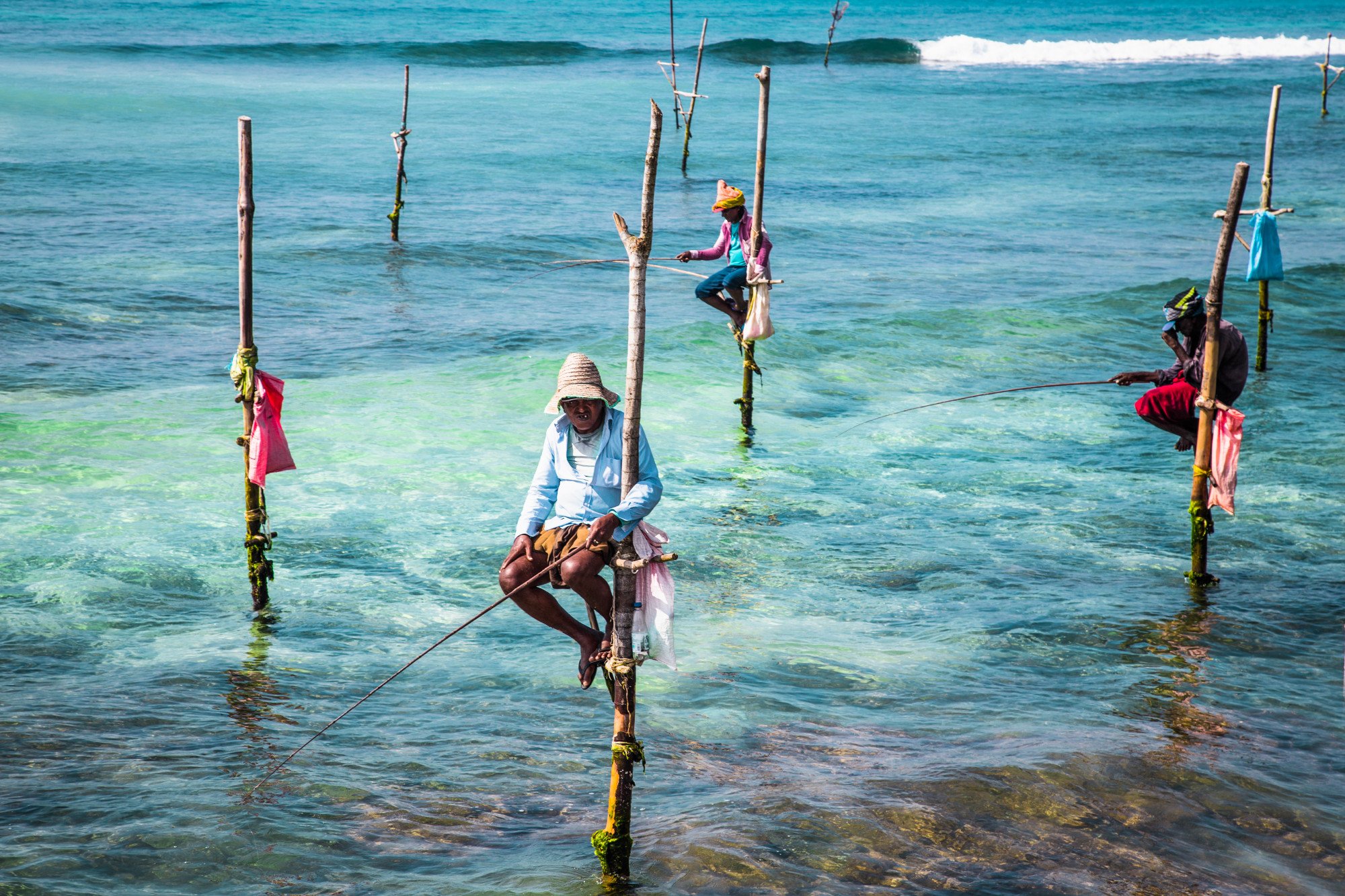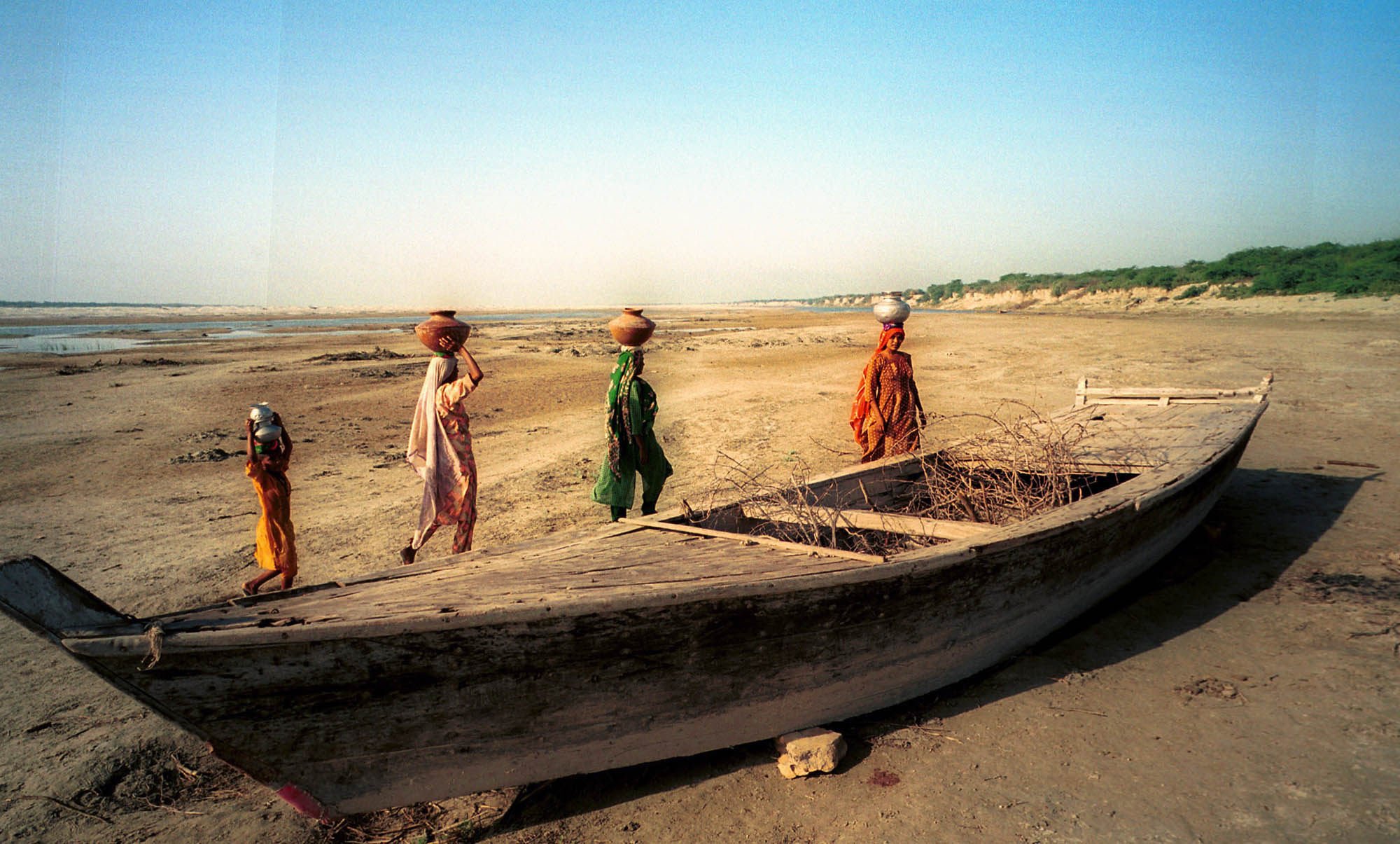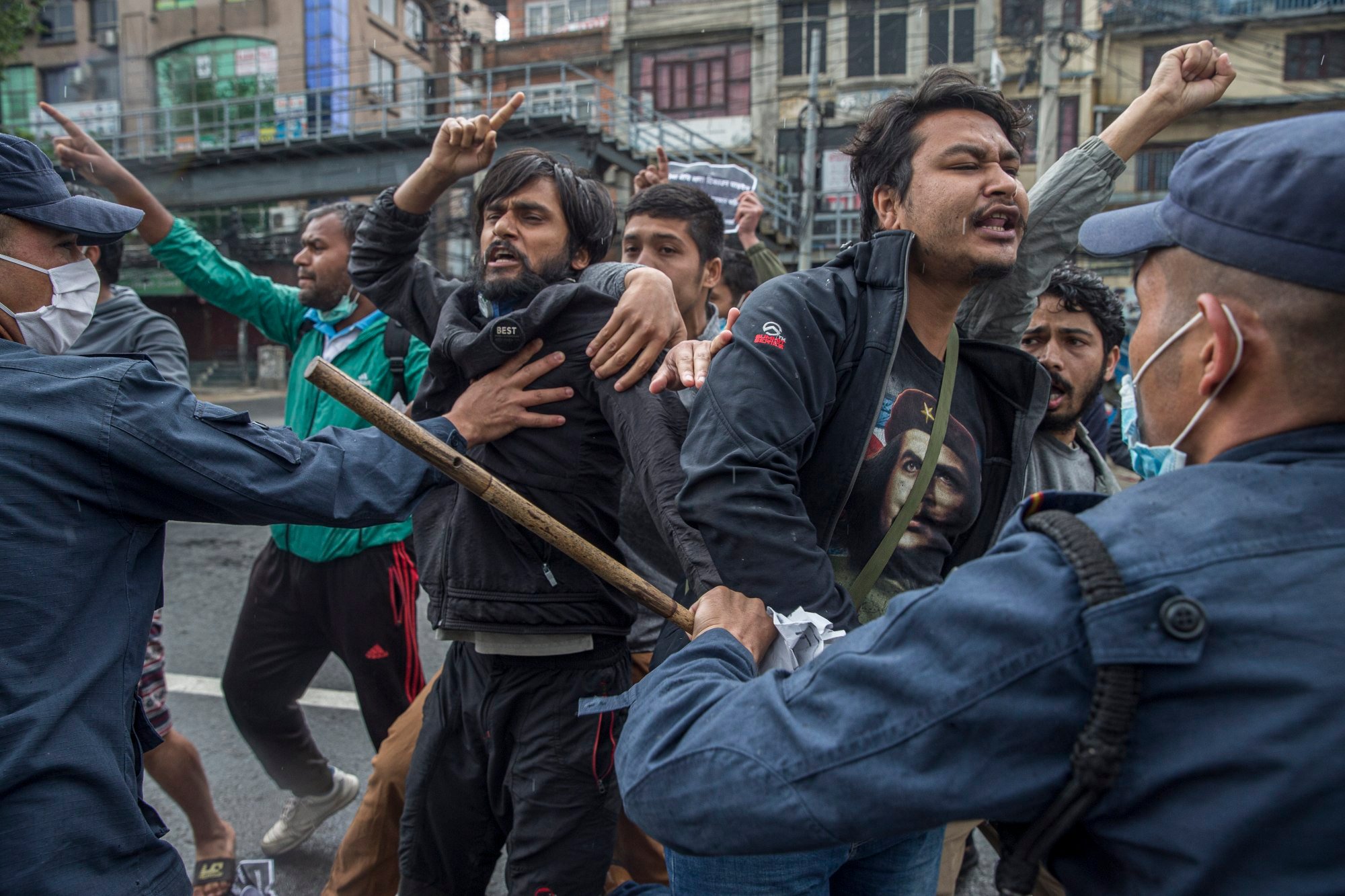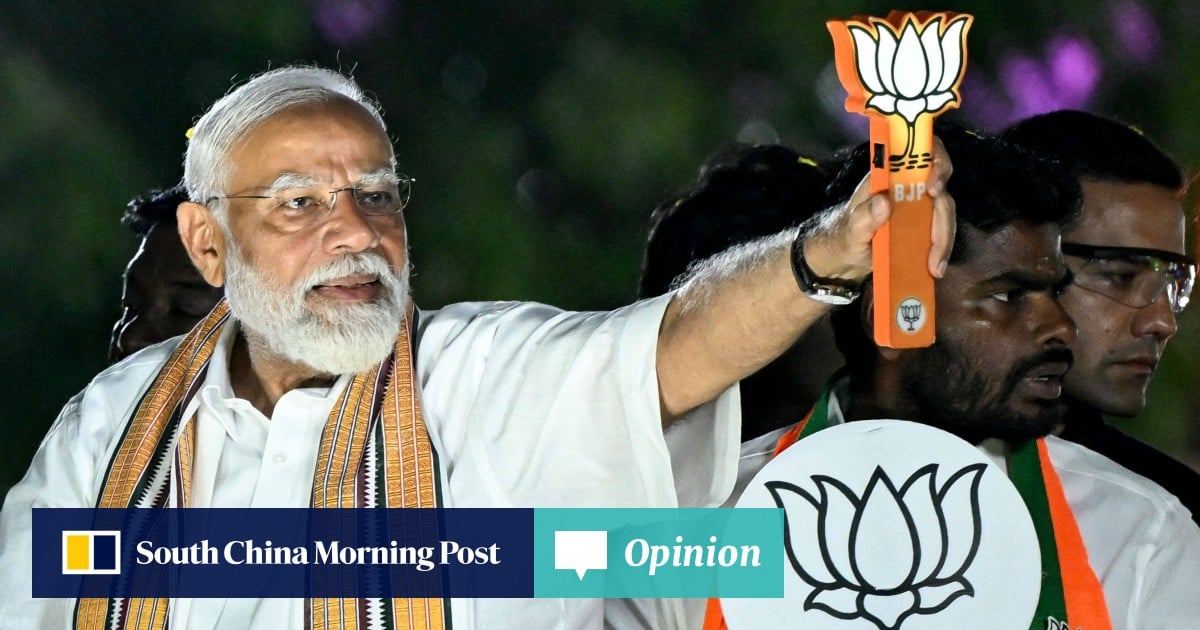Former Indian diplomats who served as high commissioners to Colombo, such as Shivshankar Menon (1997-2000) and Nirupama Menon-Rao (2004-2006), have cautioned against revisiting the agreement related to the island made by the Indian and Sri Lankan governments in 1974, saying that such a move would affect New Delhi’s credibility.
Opposition politicians from the Congress party, news analysts and former Indian diplomats link the government’s current narrative with the Tamil Nadu election on April 19. The ruling Bharatiya Janata Party (BJP) appears to want to win votes by accusing the Congress-affiliated ruling party in Tamil Nadu of failures and by taking up the issue of Tamil Nadu’s fishermen’s rights in the Katchatheevu waters.

Sri Lanka’s fishermen accuse their counterparts from India of using big trawlers around the island’s waters and capturing huge volumes of fish, affecting their source of subsistence. Besides, a previous Indian minister of state for external affairs had said the arrests of Indian fishermen were not directly linked to Katchatheevu. Now, instead of restraining its fishermen, India appears to be signalling the possibility of a renegotiation of the 1974 agreement.
Analysts on both sides have dismissed Delhi’s latest behaviour as the result of electioneering. But it may not simply be an election ploy – it appears to be part of an emerging pattern in the Indian government’s neighbourhood policy.
Islamabad had approached the Permanent Court of Arbitration in the Hague to object to India’s construction of two hydropower projects, the Kishanganga and the Ratle, on the western rivers, whose water flow was allotted to Pakistan. Islamabad fears that with the construction of dams on these rivers, India could use the water flow as a strategic weapon against Pakistan.


In 2020, Sri Lanka’s former high commissioner to India, Austin Fernando, wrote that, just as Delhi can challenge its boundary with Nepal, it can also violate its maritime boundary with Sri Lanka, which would be unable to counter such actions, nor does it expect other countries to come to its aid.
India looks increasingly assertive in its neighbourhood with its growing economic power and military modernisation. There appears to be purpose in its construction of roads, dams and other infrastructure in areas of dispute with Nepal and in the western rivers of Kashmir, as well as its plan to renegotiate historically solid agreements with its neighbours.
Western powers have few objections to India’s assertiveness because they see India as a regional counterweight to China. But they may have overlooked the effect of the combination of Indian assertiveness and the West’s seeming disregard for the concerns and interests of smaller South Asian states – there is increasingly little option but to reach out to China for defensive help.
Interestingly, the Democracy Report 2024 by the Sweden-based V-Dem Institute labels India as “one of the worse autocratisers”, after downgrading it to an “electoral autocracy” in 2018, a category it shares with Russia. Delhi, it seems, is taking a leaf out of Moscow’s playbook on how to expand territory in one’s neighbourhood.
Asma Khalid is an independent researcher and former visiting fellow at the Stimson Centre

